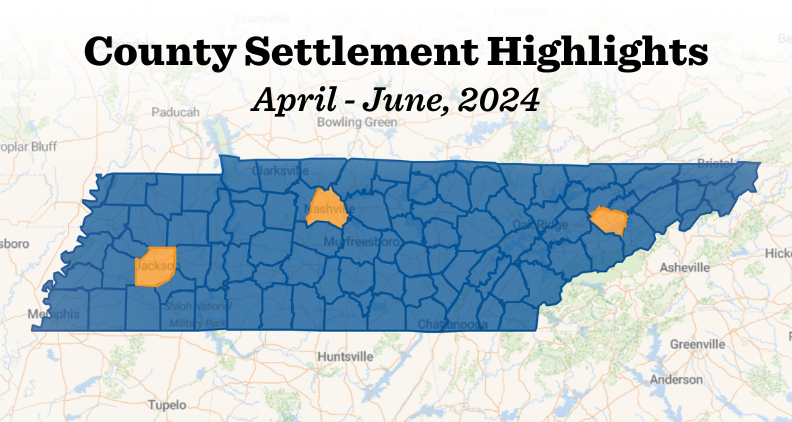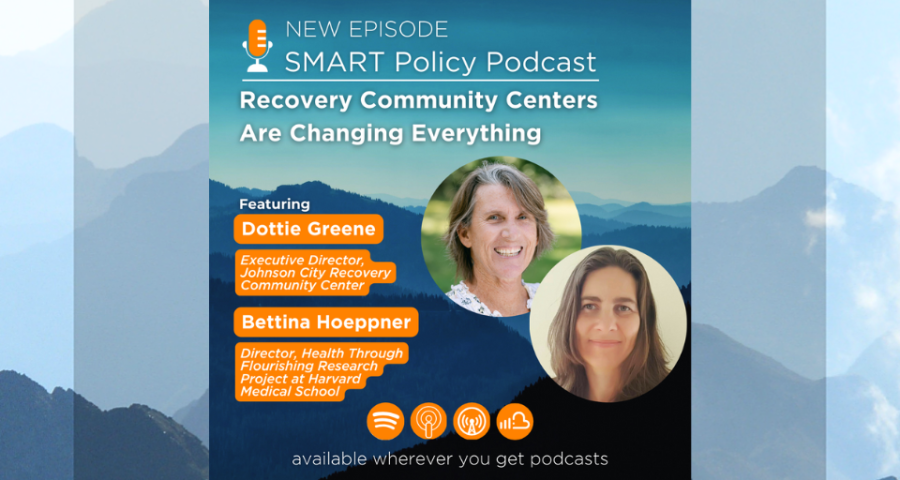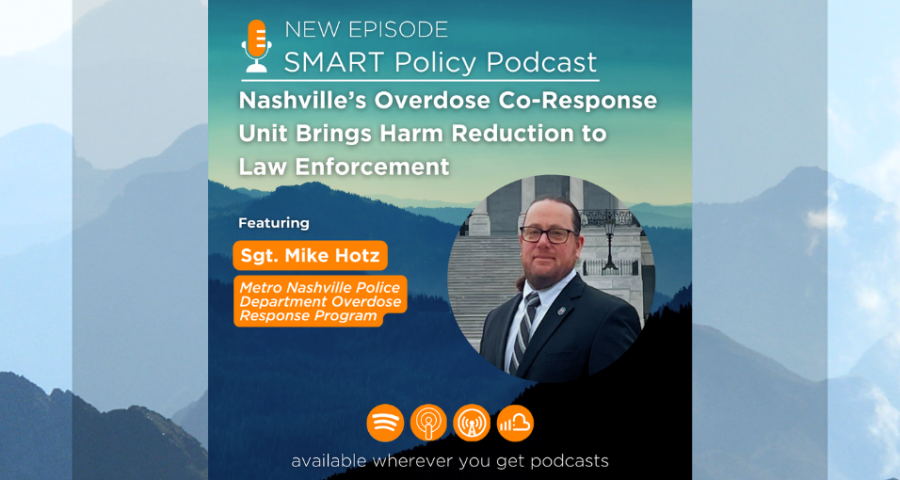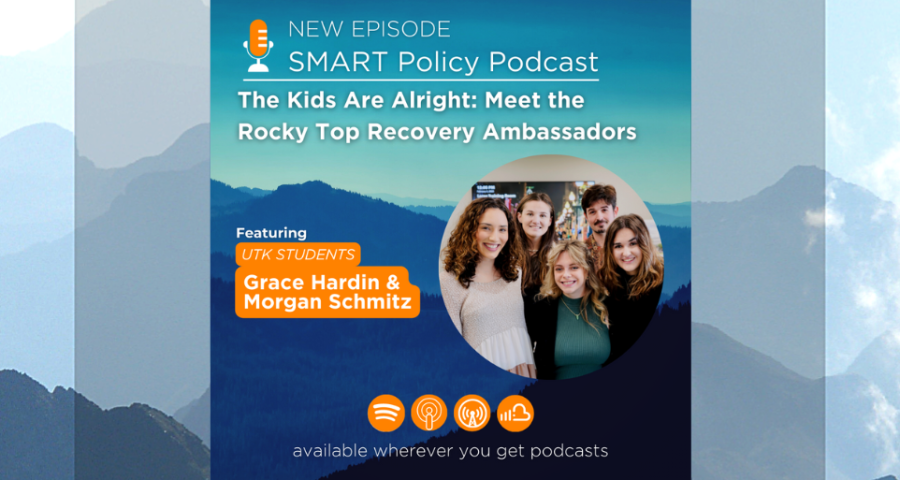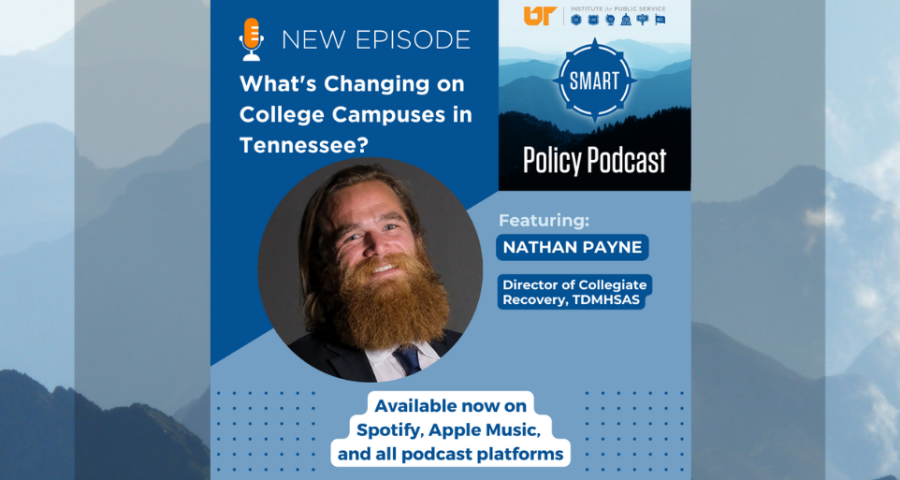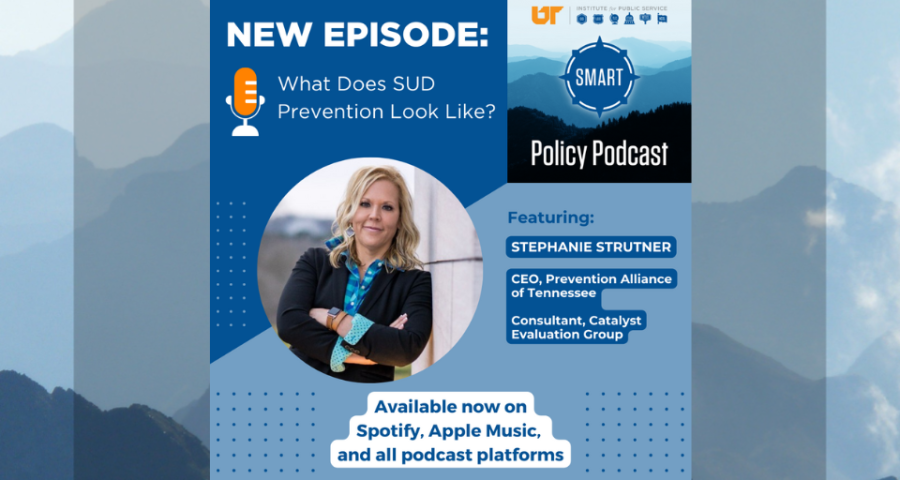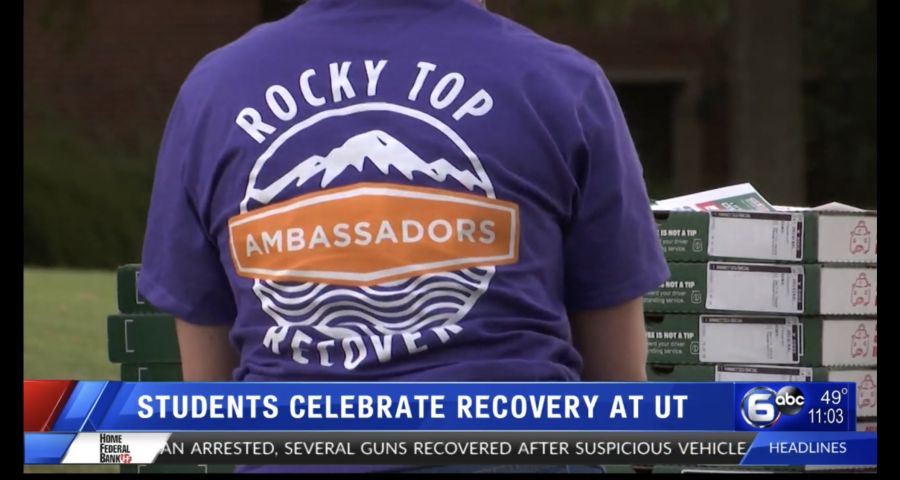Jefferson County Awarded for Their Spending Model Jefferson County was awarded Excellence in the Application of the Opioid Litigation Principles by Johns Hopkins Bloomberg School of Public Health for using the following evidence-based principles in helping guide the effective spending of their settlement dollars: 1. Spend the Money to Save
County Opioid Settlement Highlights: April – June, 2024
